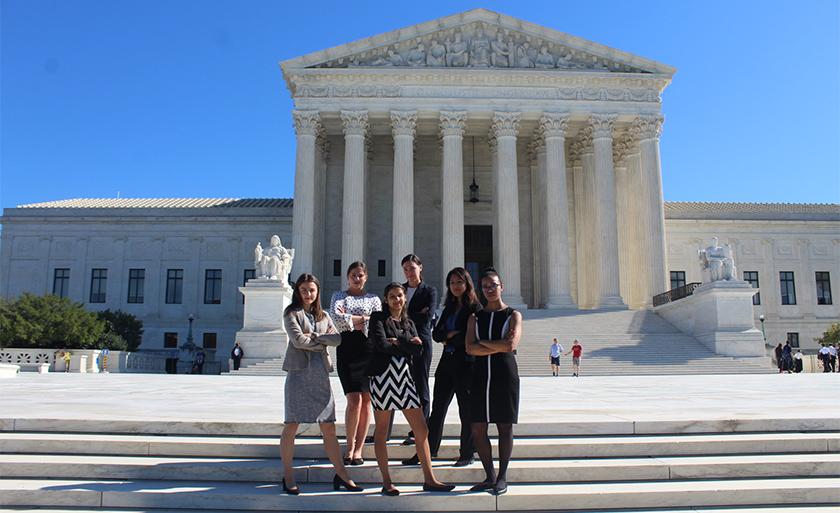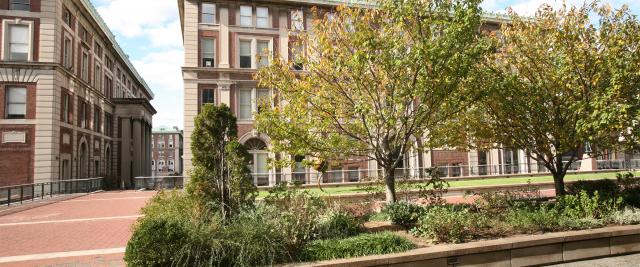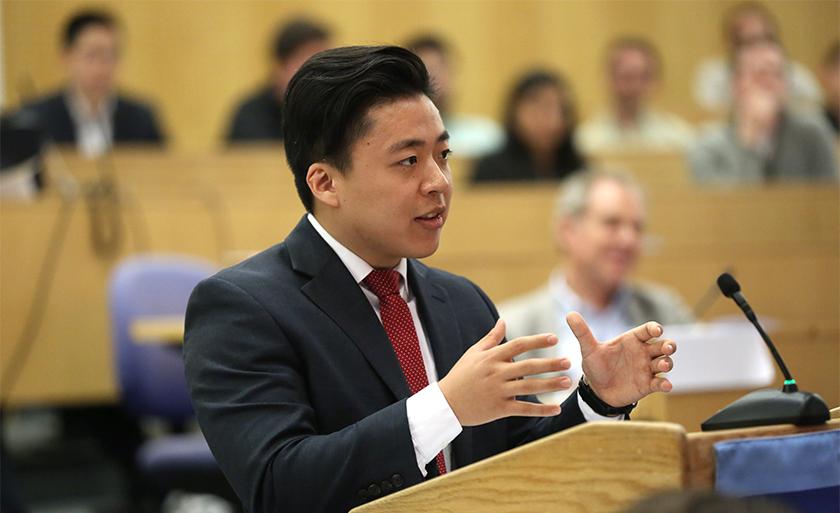Developing real-world lawyering skills is a fundamental part of a Columbia Law School education. The practical experience you acquire prepares you to be an effective and ethical lawyer—no matter what career path you choose to pursue.

Clinics
Work on behalf of real clients and gain experience as a counselor, mediator, litigator, advocate, and educator.
Learn More


